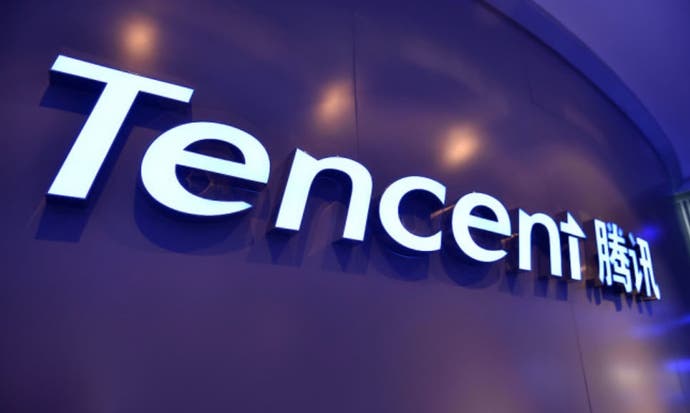Tencent scales back VR hardware plans
"Under the company's new strategy as a whole, it no longer quite fit in."
Tencent - one of the world's biggest game publishers - has scaled back plans to take on the metaverse with its own VR hardware.
According to a new report by Reuters, the Chinese company is set to trim back its plans and personnel by "cut[ting] costs and headcount" at its "extended reality" XR unit. It's unclear how this will impact the 300 employees currently working in the department, which was only set up in June last year.
Whilst Tencent isn't talking publicly about the changes beyond admitting that it was "making adjustments to some business teams", sources close to the situation report that part of the issue is the lengthy process of making hardware profitable. Internal forecasting reportedly confirmed that developing and selling its own VR system is unlikely to become profitable for Tencent until 2027.
Sources also say that a lack of "promising games" may also have impacted the decision to scale back.
"Under the company's new strategy as a whole, it no longer quite fit in," a source said.
Tencent recently reported that it was "resetting its mergers and acquisitions (M&A) strategy" by focusing on "buying majority stakes mainly in overseas gaming companies".
Tencent traditionally acquired minority stakes and was content with being a "passive financial investor", but it is now "aggressively seeking to own majority or even controlling stakes in overseas targets", chiefly in the "core gaming sector". Metaverse assets are also reportedly of interest to Tencent.
Shawn Layden, best known for his time in senior positions within Sony, joined Tencent Games at the end of last year as a strategic advisor.


